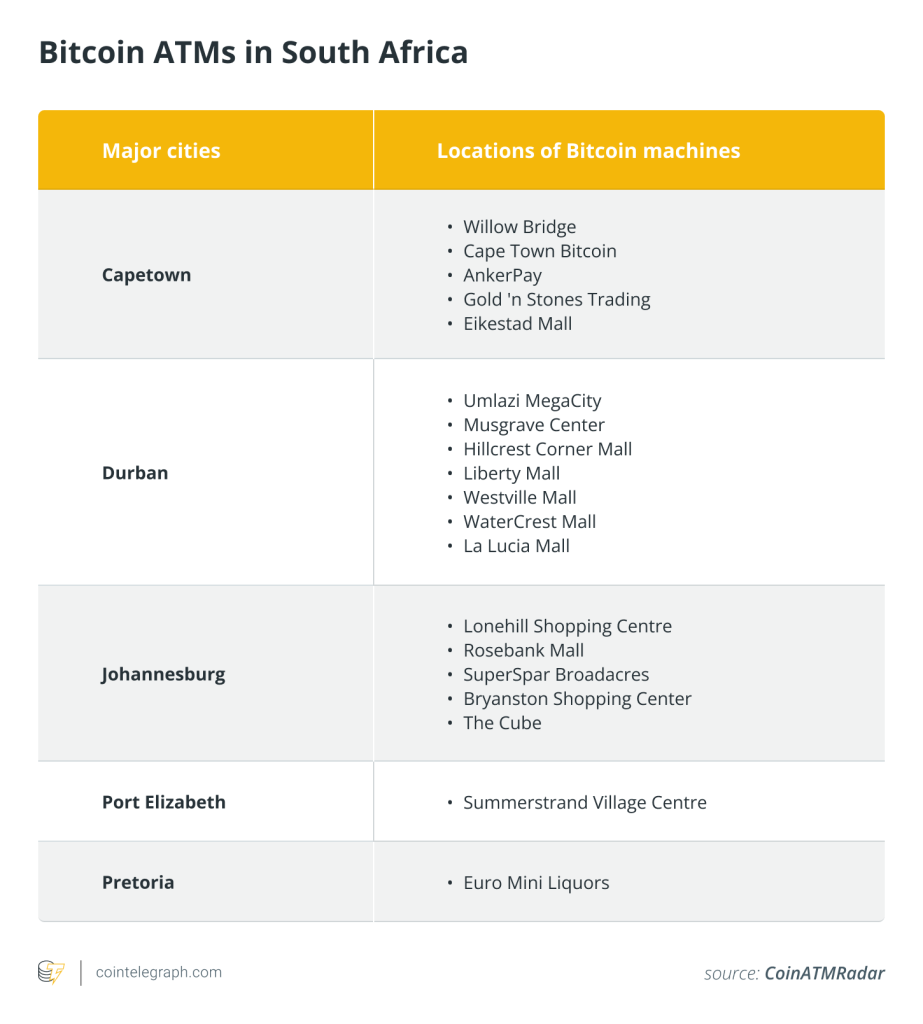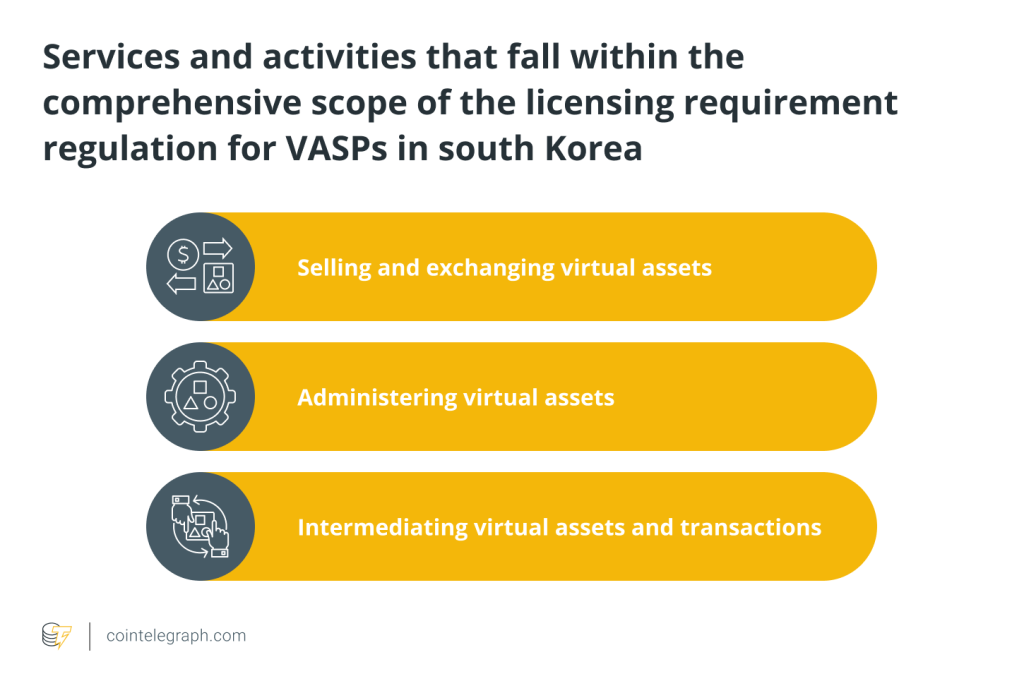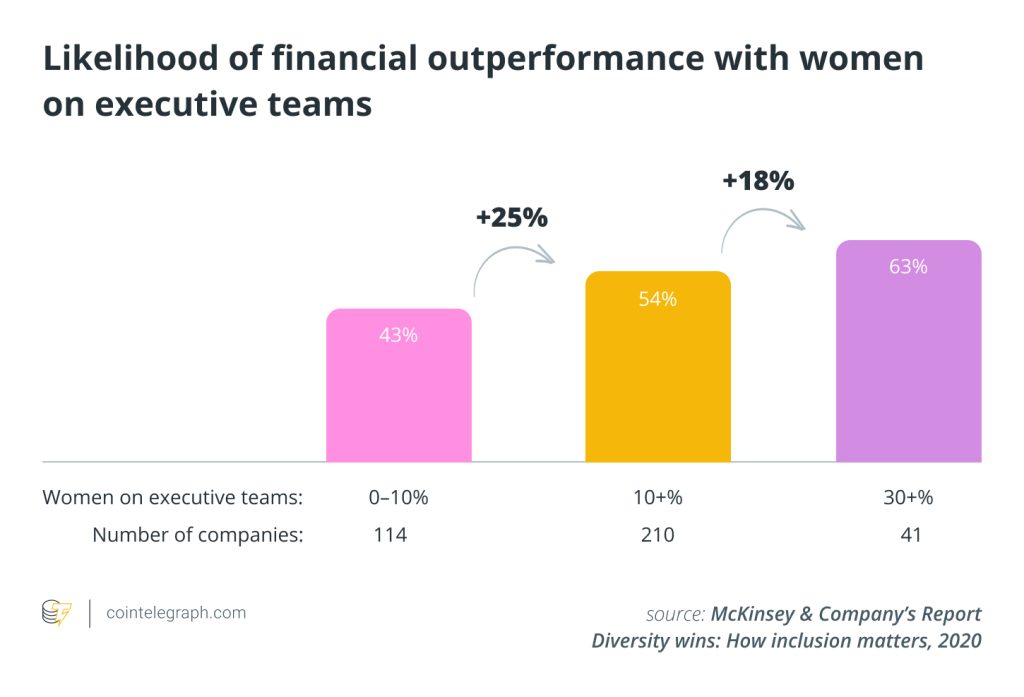South Africa’s new AI framework sets foundation for tech leadership
As stakeholder consultations proceed, the feedback gathered will be instrumental in shaping a robust and effective AI policy.
The South African Department of Communications and Digital Technologies has published a national policy framework, taking a significant step toward positioning the nation as a leader in artificial intelligence.
According to local media, this move is a crucial “first step” in developing a comprehensive national AI policy for South Africa. The department is now seeking feedback from the information and communication technology (ICT) industry and other stakeholders to refine the policy.
The Framework and its goals
The department emphasized that once finalized, the AI policy will serve as the “foundational basis” for creating AI regulations and potentially an AI Act in South Africa. The framework document outlines strategic focus pillars essential for AI policy development.
It aims to foster a robust AI ecosystem through coordinated efforts in research and development, talent cultivation, and infrastructure enhancement. This holistic approach ensures that AI catalyzes a digital society, digital economy, and digital inclusion, benefiting all South Africans.
This policy framework’s publication follows the Executive Council of the African Union (AU) approving the “Continental Artificial Intelligence Strategy” on Aug. 9. This strategy promotes AI adoption in both public and private sectors among AU member states, reflecting a broader continental commitment to AI advancement.
South Africa’s policy framework falls into the implementation period that prioritizes laying the groundwork by establishing governance frameworks, developing national AI strategies, mobilizing resources and enhancing capacities within the AU.
International benchmarking
The department revealed that extensive international benchmarking was conducted in developing the policy framework, ensuring that the framework aligns with global best practices and strategic focuses observed in other countries.
Related: Stablecoin, retail CBDC sandboxes are on South African payments roadmap
The department intends to hold formal consultations with stakeholders and aims to conclude these discussions by the end of September. Stakeholders are invited to provide feedback on the framework document via email.
Across Africa, countries are increasingly adopting AI strategies. As of July, six African countries — Algeria, Benin, Egypt, Mauritius, Rwanda, and Senegal — had developed stand-alone AI strategies.
Other nations, including Ethiopia, Ghana, Kenya, Mauritania, Morocco, Nigeria, South Africa, Tanzania, Tunisia, and Uganda, have made significant progress in defining AI policies and establishing institutions to drive AI development.
However, Nigeria has taken the lead so far with more actions and programs facilitating the adoption of AI. The Nigerian government launched a government-led initiative to train 1,000 Nigerians annually on various cutting-edge technologies, including artificial intelligence and blockchain.
Magazine: Longevity expert: AI will help us become ‘biologically immortal’ from 2030







Responses